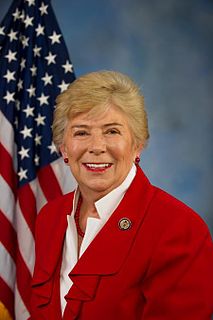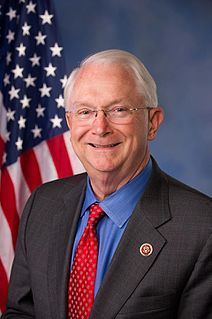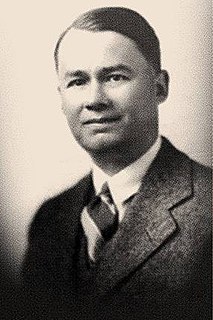A Quote by Jonathan Alter
By laying the groundwork for a system centered on home ownership rather than the public housing popular in Europe, the New Deal made possible the great postwar housing boom that populated the Sun Belt and boosted millions of Americans into the middle class, where, ironically, they often became Republicans.
Related Quotes
Housing has always been a key to Great Resets. During the Great Depression and New Deal, the federal government created a new system of housing finance to usher in the era of suburbanization. We need an even more radical shift in housing today. Housing has consumed too much of our economic resources and distorted the economy. It has trapped people who are underwater on their mortgages or can't sell their homes. And in doing so has left the labor market unable to flexibly adjust to new economic realities.
We need to remake and reinvent our housing system so that it supports the flexibility and mobility of our economic system broadly. Home-ownership is rewarded by the federal tax code, which made great sense when that piece of the American Dream, and all the consumption that came with it, was essential to rebuilding the economy. These days, however, it feels like a huge penalty to people who want to travel light within the new mobile economy without a mortgage to hold them back.
I can remember the time when, if we wanted a house or housing, we relied on private enterprise. In fact, Americans built more square feet of housing per person than any other country on the face of the earth. Despite that remarkable accomplishment, more and more people are coming to believe that the only way we can have adequate housing is to use government to take the earnings from some and give these earnings, in the form of housing, to others.
One of the most insidious consequences of the present burden of personal income tax is that it strips many middle class families of financial reserves & seems to lend support to campaigns for socialized medicine, socialized housing, socialized food, socialized every thing. The personal income tax has made the individual vastly more dependent on the State & more avid for state hand-outs. It has shifted the balance in America from an individual-centered to a State-centered economic & social system.
Current lifestyles and consumption patterns of the affluent middle class…involving high meat intake, consumption of large amounts of frozen and convenience foods, ownership of motor vehicles, golf courses, small electric appliances, home and work place air-conditioning, and suburban housing are not sustainable...
The lower interest rates fueled housing and consumption booms in countries such as Spain and Ireland. At the same time, Germany, struggling with the burdens of reunification, tightened its belt and became more competitive. All this led to a wide divergence in economic performance. Europe became divided into creditor and debtor countries.
Too-easy credit and millions of bad loans made during the U.S. housing bubble paved the way for the financial calamity and Great Recession that followed. Today, by contrast, credit is too tight. Mortgage loans are particularly hard to get, creating a problem for the housing market and the broader economy.































